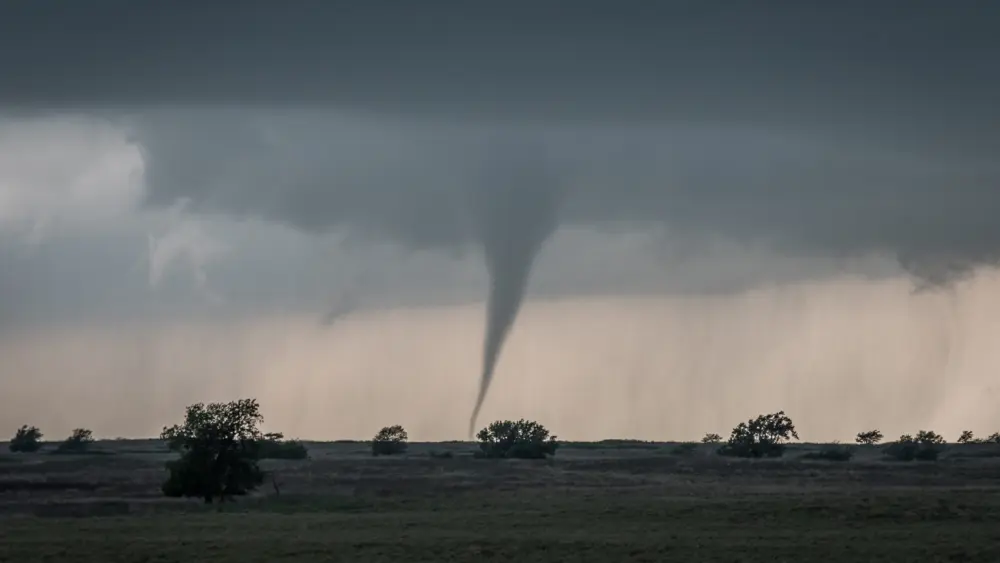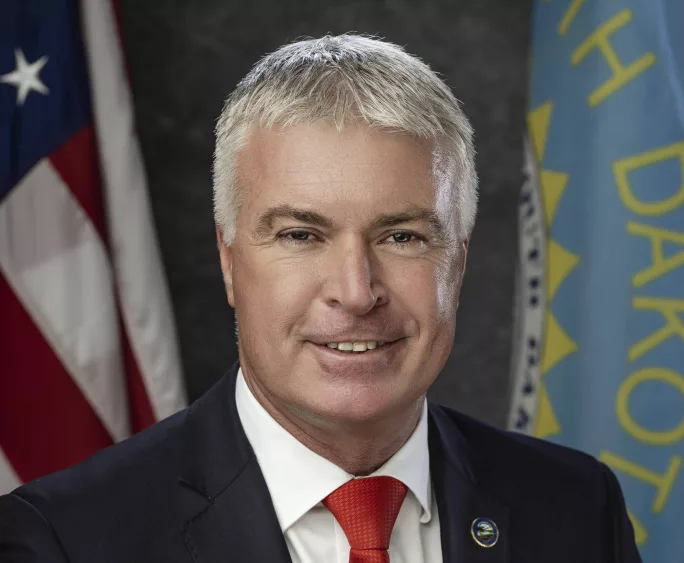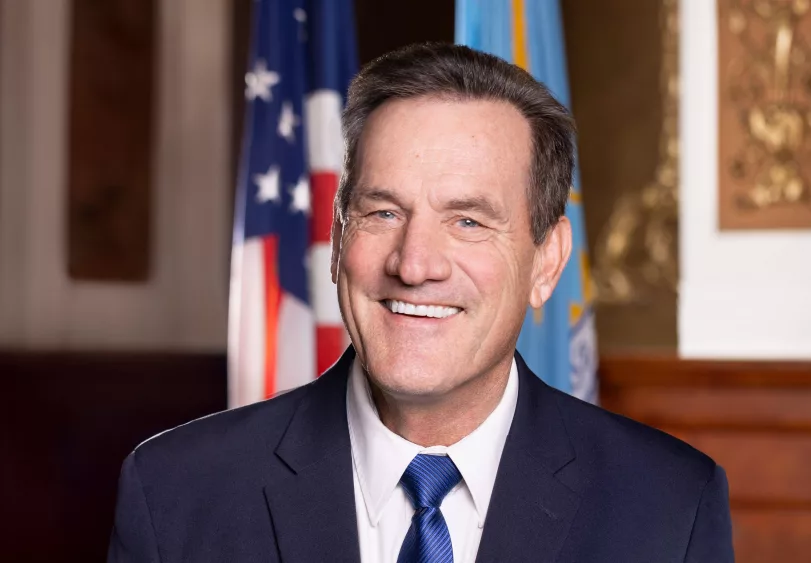PIERRE, S.D. (SDBA) — It took a procedural rule to pass the “compromise” carbon dioxide pipeline bill in the Senate Wednesday.
SB201, the so-called “compromise” bill to bridge the gap between supporters and opponents of carbon dioxide sequestration, failed and then passed the upper chamber on identical 23 to 11 votes.
The original bill contained an emergency clause, which would have made the bill law immediately upon the governor’s signature (if also passed in the House). The emergency clause also would have blocked the law from being referred by citizens.
The bill came up one vote short of receiving the necessary two-thirds vote–24 votes–to pass the Senate. However, under Senate rules, if a bill requiring a two-thirds vote fails but gains a simple majority, it can be immediately reconsidered without the emergency clause.
Without the emergency clause, the bill passed and now goes to a House committee.
The bill expressly preempts local governments from setting setbacks on carbon pipeline projects. It would also require carbon pipelines to pay counties they run through one dollar per foot of pipeline.
The measure now heads to a House committee. Which House committee could be significant. Most carbon pipeline bills have had to go through the House Commerce and Energy Committee, which has been the “killing fields” for such proposals. Another possible landing spot is the House State Affairs Committee, which often considers important legislation.
SB201, the so-called “compromise” bill to bridge the gap between supporters and opponents of carbon dioxide sequestration, failed and then passed the upper chamber on identical 23 to 11 votes.
The original bill contained an emergency clause, which would have made the bill law immediately upon the governor’s signature (if also passed in the House). The emergency clause also would have blocked the law from being referred by citizens.
The bill came up one vote short of receiving the necessary two-thirds vote–24 votes–to pass the Senate. However, under Senate rules, if a bill requiring a two-thirds vote fails but gains a simple majority, it can be immediately reconsidered without the emergency clause.
Without the emergency clause, the bill passed and now goes to a House committee.
The bill expressly preempts local governments from setting setbacks on carbon pipeline projects. It would also require carbon pipelines to pay counties they run through one dollar per foot of pipeline.
The measure now heads to a House committee. Which House committee could be significant. Most carbon pipeline bills have had to go through the House Commerce and Energy Committee, which has been the “killing fields” for such proposals. Another possible landing spot is the House State Affairs Committee, which often considers important legislation.




